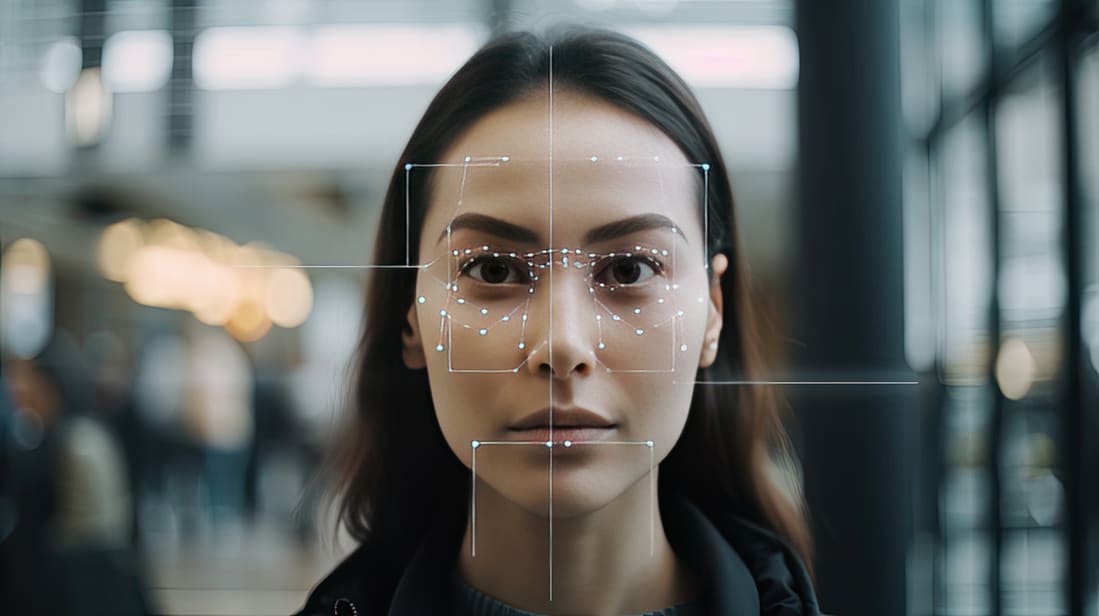뉴스 기사 토론 - Lesson 245
- Free Talking
- News Articles
- Advanced Debate
- Beginning English for Adults
- Intermediate English for Adults
- Youtube discussions
- Sentence Patterns
- Idioms
- Random Questions
- Business
- Business Dialogues
- English for Travel
- Describe the Picture
- OPIC
- TOEIC Speaking
- IELTS Speaking
- Junior Regular Beginner
- Junior Regular Intermediate
- Junior Regular Advanced
- Junior Conversation Intermediate
- Teens Ted
- Junior Story Intermediate






꼭 영어로 작성하지 않아도 되어요!
아래 세 가지 방식 모두 가능해요.
· I feel lucky because I had a really nice dream!
· I feel 행운 because I had 정말 좋은 꿈!
· 정말 좋은 꿈을 꿔서 오늘은 운이 좋을 것 같아!